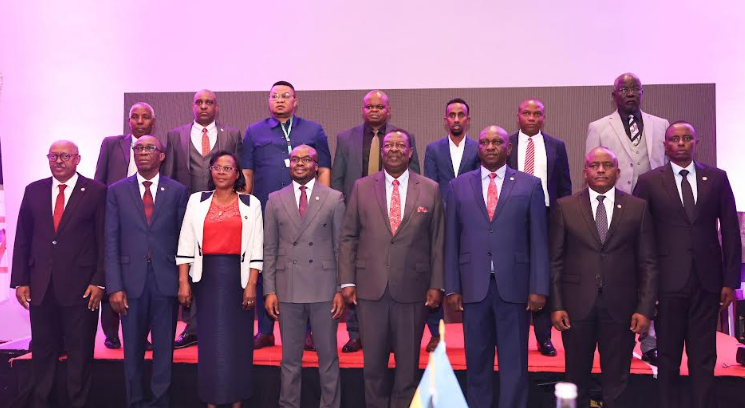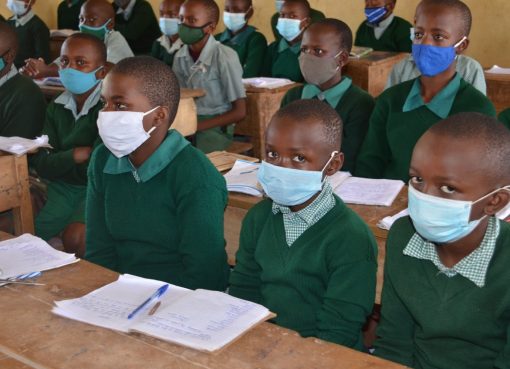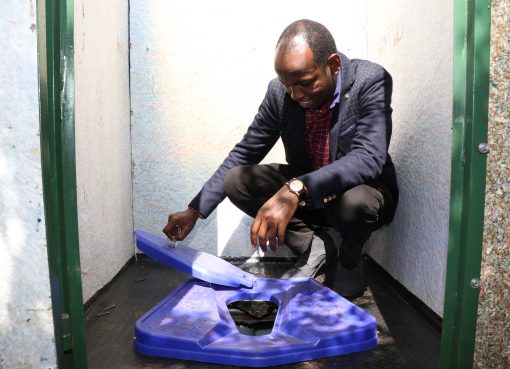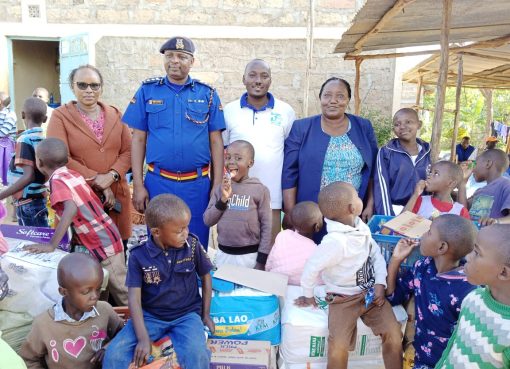Additionally, the meeting was also intended to combat illicit arms proliferation, ensuring a safer and more secure future for the region.
The event marks a milestone in regional cooperation, aligning with the resolutions of the 3rd Extraordinary Council of Ministers meeting as the country reaffirms its leadership in addressing the proliferation of SALW in the Great Lakes Region and Horn of Africa.
Speaking on Friday in Nairobi, Interior and National Administration Acting Cabinet Secretary Musalia Mudavadi emphasised the urgent need for RECSA Member States to enhance cooperation, stockpile management, and harmonise arms control policies.
He also called on partners to bolster RECSA’s capacity to address regional security challenges effectively.
While reiterating the importance of aligning national laws with the Nairobi Protocol, Mudavadi noted that the overview of the security status highlights the devastating impacts that the unregulated flow of illicit small arms continues to have, such as fuelling armed conflicts, illegal exploitation of natural resources, terrorism, cattle rustling, and other serious crimes.
According to the Acting CS, these destabilising forces are undermining the peace, security, and development of our states.
“The Agreement Establishing RECSA clearly outlines our shared responsibility to identify and prioritise areas of common interventions,” he argued.
Mudavadi called upon all RECSA Member States to redouble their efforts and support towards the effective implementation of the Nairobi Protocol, including strengthening cooperation and information-sharing between their governments as well as with regional and international partners.
He at the same time mentioned that the RECSA Secretariat plays a critical coordinating role that must be empowered and aligned with the objectives of the Nairobi Protocol, particularly Article 2, which calls for enhanced regional cooperation, information sharing, capacity building, and policy harmonisation.
Further, Mudavadi stressed that investing in national control mechanisms and stockpile management systems ensures the responsible and accountable control of state-held small arms.
In addition, he argued that securing weapons stockpiles is crucial to stemming the diversion of arms into illicit channels; hence, he acknowledged the RECSA Secretariat for spearheading the Regional Physical Stockpile Management Training of trainers.
The Acting CS further rallied all RECSA member states to support the implementation of the Nairobi Protocol through enhancing regional harmonisation of small arms policies, legislation, and regulatory frameworks.
“Effective implementation begins with strong, comprehensive national laws that align with the Nairobi Protocol. These laws must provide a framework for arms control and impose penalties on illicit arms trafficking and possession,” affirmed Mudavadi.
He added that the Technical Advisory Committee should drive the effective implementation agenda forward by empowering the secretariat to undertake collective research, analysis, and policy development.
Still in support of the Protocol, Mudavadi urged the RECSA member states to mobilise adequate and sustained financial and technical resources to fund RECSA’s vital work and programs.
“I urge the Member States to fulfil their financial obligations. I appreciate the Development Partners, Donors and Civil Societies for their great support to RECSA and Member States towards the implementation of Small Arms and Light Weapons control programmes,” he expressed, noting that the challenges faced are significant; hence, through a shared vision, stability and having a secured peace must be strengthened in order for the challenges to be resolved.
“The Nairobi Protocol embodies a vision of cooperation, shared values, and collective action. Let us commit ourselves today to honour this vision, not just through words but through actions and policies,” he added.
Concurrently, the Principal Secretary (PS) for Interior and National Administration and TAC Chairperson Dr. Raymond Omollo reaffirmed Kenya’s progress in marking firearms and ammunition.
“As prescribed by RECSA, Kenya is nearing completion of its ambitious marking of firearms and ammunition. The National Police Service (NPS) has already marked 98 per cent of its firearms stock, while the Kenya Defense Forces (KDF) is at 70 per cent,” disclosed the PS.
Alluding to the status of implementation of previous Council of Ministers resolutions, Dr. Omollo reiterated that member states must recommit themselves to the principles and objectives of the Nairobi Declaration and the Nairobi Protocol.
In his remarks, RECSA Executive Secretary, Jean Betindji, emphasised the importance of strengthening partnerships, advancing research, and enhancing advocacy for arms control.
He highlighted achievements such as securing funding under the Silencing the Guns Initiative and facilitating capacity-building programmes, including a regional Physical Security and Stockpile Management training initiative supported by Austria.
The Regional Centre on Small Arms (RECSA) is an intergovernmental organisation established to address the proliferation and illicit trafficking of Small Arms and Light Weapons (SALW) in the Great Lakes Region, the Horn of Africa, and bordering states.
By Sharon Atieno





